New City Club research will tackle Portland’s Vision Zero failure – BikePortland
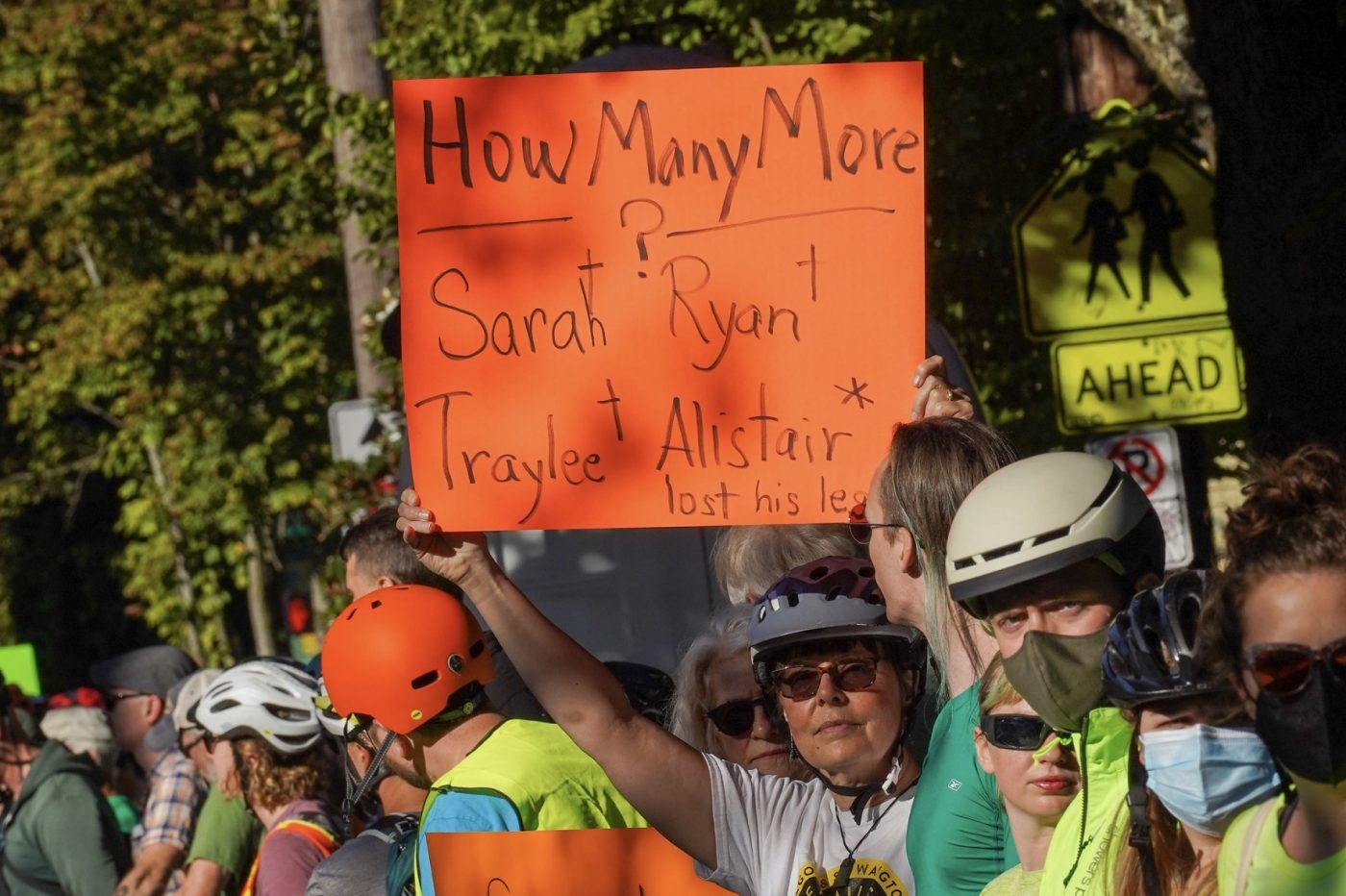
If Portland never reaches Vision Zero, it won’t be for a lack of effort or analysis. Now a new, independent report by City Club will add another layer of research onto this vexing challenge of preserving every life on the road.
Since City Council adopted the Vision Zero resolution in 2015, which called on them to marshal the resources to achieve zero road deaths by this year, they’ve consistently monitored and tracked progress via a series of internal updates and reports. In 2024 the City Auditor investigated the program and gave it a mixed review.
Now Portland City Club will devote its considerable research capacity to the issue. City Club is a nonprofit with a mission to, “inform the community in public matters and to arouse in them a realization of the obligations of citizenship.” “The [City Club research] committee will study the effectiveness of current strategies and evidence-based alternatives that could help Portland move closer to its safety goals,” reads a description of the upcoming report. City Club announced the effort in an email on June 27th.
They will assemble and independent team of City Club members to aid their research committee. Those selected must commit to 12 months of service and be free from any conflicts of interest and/or financial contracts related to Vision Zero work.
Here are a few of the questions City Club hopes to answer:
- How does the current implementation of the Vision Zero plan affect traffic fatalities? Are these policies effective, sufficient, and enforced?
- What policies would improve Portland’s Vision Zero approach, or hasten the results? Are there more aggressive or effective policies that could be adopted?
- How should Vision Zero balance other transportation objectives, such as environmental concerns, public safety response times, and freight mobility?
The report will issue a set of recommendations and its finding are likely to be closely considered by community and elected leaders. I still hear transportation bureau staffers refer to City Club’s 2013 report, No Turning Back: A City Club Report on Bicycle Transportation in Portland. That report was more than words on paper as City Club formed an advocacy committee after it was published with an aim of pushing forward on its recommendations.
City Club’s initiative comes at a time when Portland’s Vision Zero efforts are at an inflection point. The overall narrative and statistical trend suggests a new normal of annual road fatalities that are double the amount the city had in the early 2000s. But the startling rise in deaths between 2018 and 2021 has plateaued. After a downward trend in the last three years, our current tracker shows just 15 people have been killed on Portland roads so far this year —that’s less than half the number on this same date last year and puts us on track for the lowest total since 2012.
Political winds also suggest a new era is afoot in how roads are managed. Safety advocates have a strong champion in Portland City Councilor Tiffany Koyama Lane, who has made Vision Zero her top priority. In the recently adopted city budget, Koyama Lane fought for and saved $670,000 in Vision Zero safety project funding that was on the chopping block. A budget note sponsored by Koyama Lane will move a top Vision Zero staffer out of the Portland Bureau of Transportation (PBOT) and into the office of the City Administrator for Public Works, “to ensure they have full access to critical cross-bureau collaboration and initiatives.”
PBOT also faces the most severe budget crisis in the history of the agency. This is forcing the agency to consider bold ideas like a new local tax or fee to raise revenue, or even banning car use on some roads to reduce maintenance costs and increase the community value of our shared right-of-way.
Given this context, it’s a good time for City Club to embark on this project. Hopefully their final report will grasp that Portland’s failure to accomplish its Vision Zero goal is just as much of a political problem as it is a technical one.
Like many transportation problems that are characterized as intractable or impossible, the solution to saving lives is simple: we need to dramatically reduce driving trips and decrease human exposure to cars and their drivers. That’s how we fix congestion, clear the air, improve our neighborhoods, strengthen the local economy, build a more resilient, vibrant city — and it’s how we achieve Vision Zero.
If it succeeds, City Club’s research will provide even more ammunition to advocates, agency staff, and elected officials who are working to bend the arc of political possibility.
— For more on this initiative view City Club’s full recruitment message and/or apply to be on the research committee here.
Share this content:
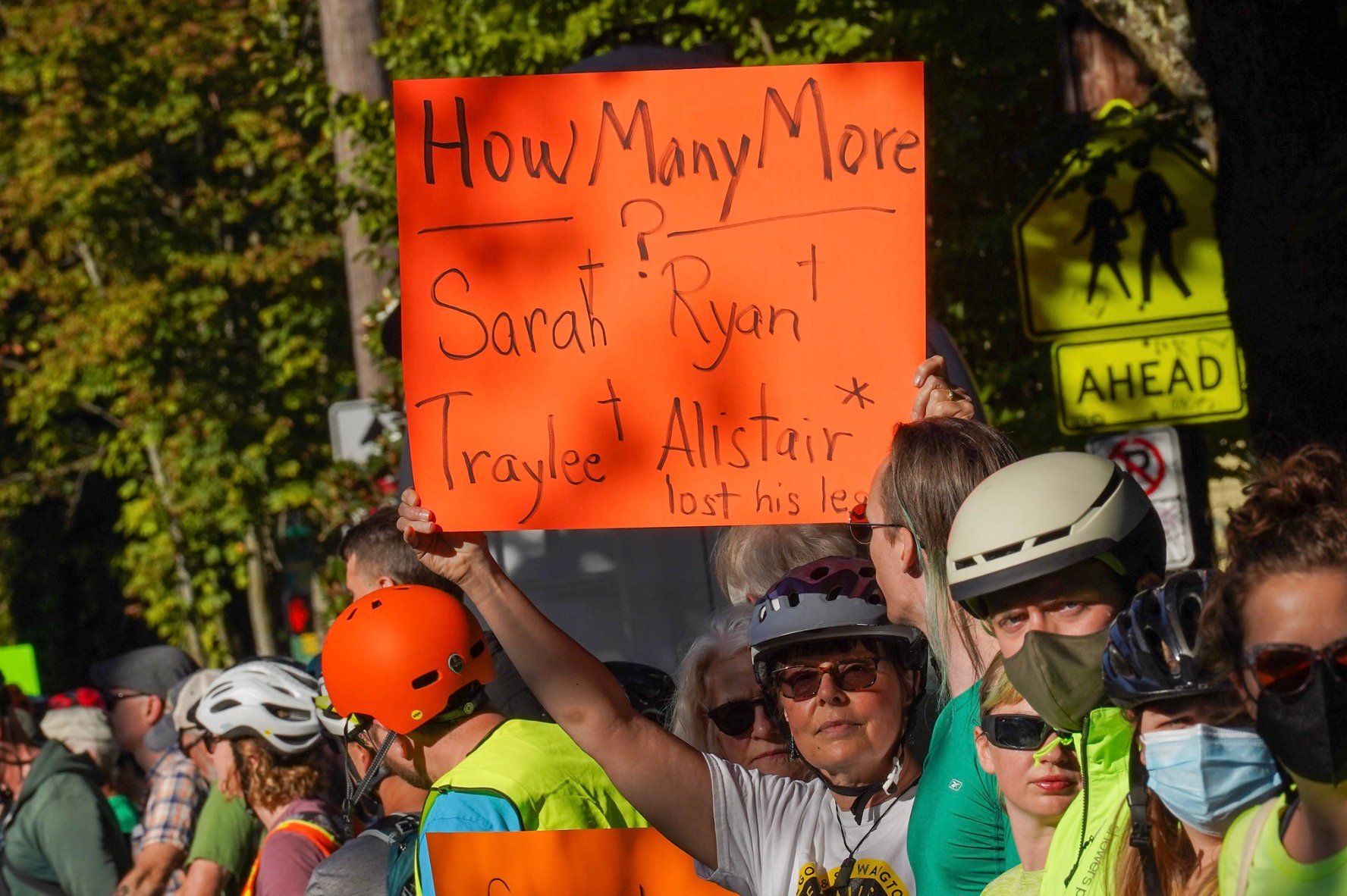
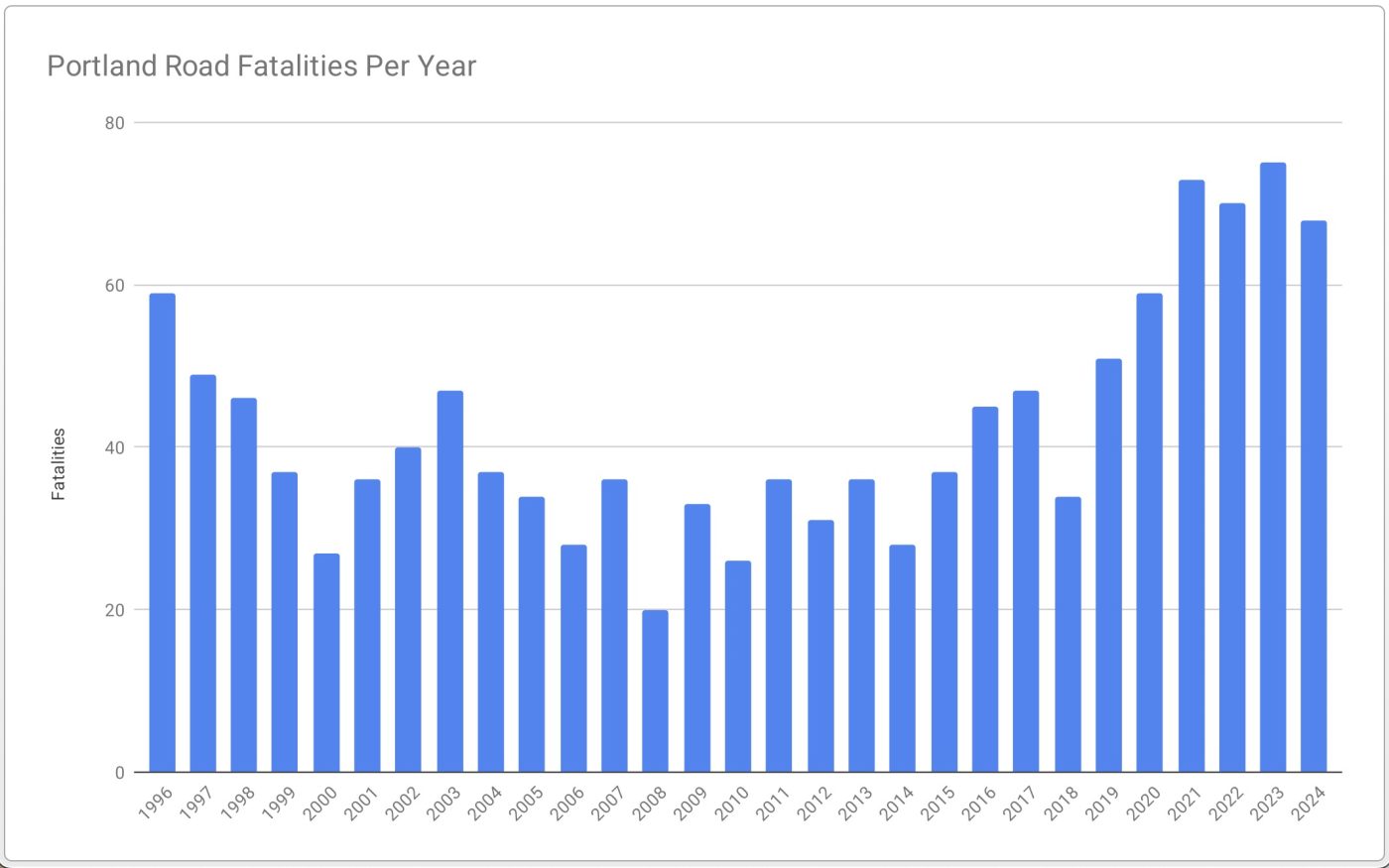

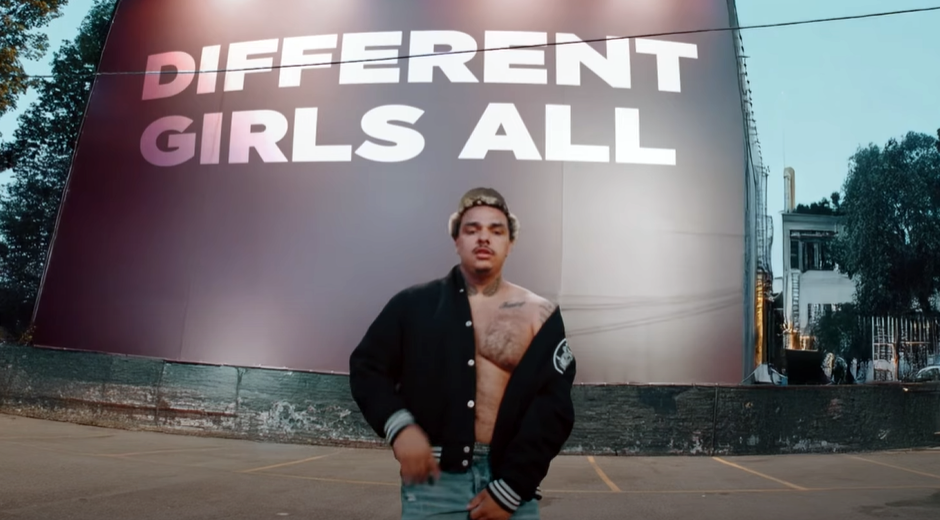


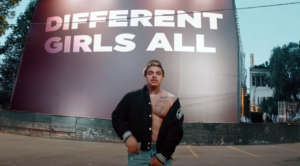




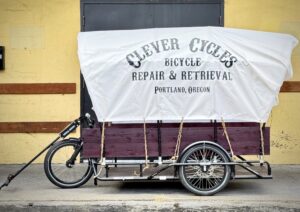

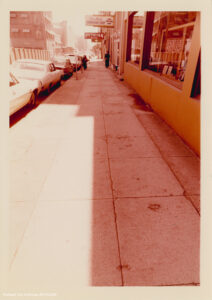
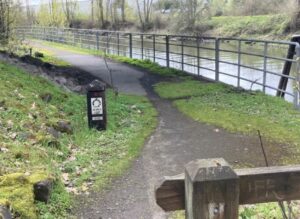
Post Comment